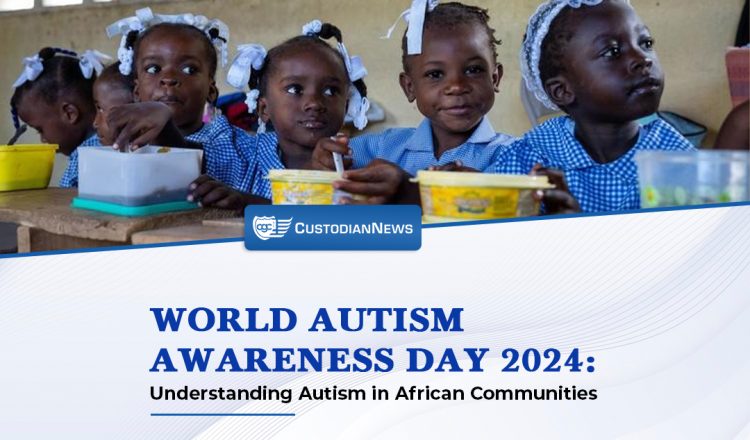World Autism Awareness Day, observed on April 2nd each year, aims to raise awareness about autism spectrum disorder (ASD) and promote inclusivity for individuals with autism. In African communities, where cultural beliefs and practices often influence perceptions of autism, the need for understanding and acceptance is particularly crucial. This article explores the realities of autism in African communities, highlighting the challenges faced by individuals with autism and their families, as well as dispelling common misconceptions.
Autism spectrum disorder is a complex neurodevelopmental condition that affects communication, social interaction, and behavior. It is characterized by a wide range of symptoms and severity levels, leading to the term “spectrum.” While the exact cause of autism is still unknown, research suggests a combination of genetic and environmental factors play a role in its development.
Prevalence of Autism
The prevalence of autism is increasing globally, with recent estimates suggesting that about 1 in 160 children has ASD. In Africa, reliable data on the prevalence of autism is limited, but studies indicate that the condition is underdiagnosed and often misunderstood. This lack of awareness and understanding can lead to stigmatization and barriers to accessing support services for individuals with autism.
Cultural Perceptions and Misconceptions
In many African communities, there are cultural beliefs and misconceptions surrounding autism. Some view autism as a curse or punishment, attributing it to supernatural causes. This can lead to social isolation and discrimination against individuals with autism and their families. Additionally, cultural norms around behavior and communication may differ from typical autistic traits, leading to misunderstandings and misinterpretations.
Challenges Faced by Individuals with Autism
Individuals with autism in African communities face a variety of challenges, including limited access to diagnosis and treatment, stigma and discrimination, and a lack of support services. Many families also struggle to find appropriate education and employment opportunities for their loved ones with autism, leading to increased financial and emotional burdens.
Read also: Kenyan Government Commits to Supporting Traders Amid Market Challenges
Infographic: “Autism by the Numbers”
- Globally, an estimated 1 in 160 children has autism spectrum disorder.
- Autism is four times more common in boys than girls.
- Early diagnosis and intervention can significantly improve outcomes for individuals with autism.
- Many individuals with autism have unique strengths and abilities, such as a strong attention to detail and creativity.
As we mark World Autism Awareness Day 2024, it is important to recognize the diversity and resilience of individuals with autism in African communities. By promoting understanding, acceptance, and inclusivity, we can create a more supportive environment for individuals with autism and their families. Together, we can work towards a future where everyone, regardless of their neurodevelopmental differences, is valued and included.





